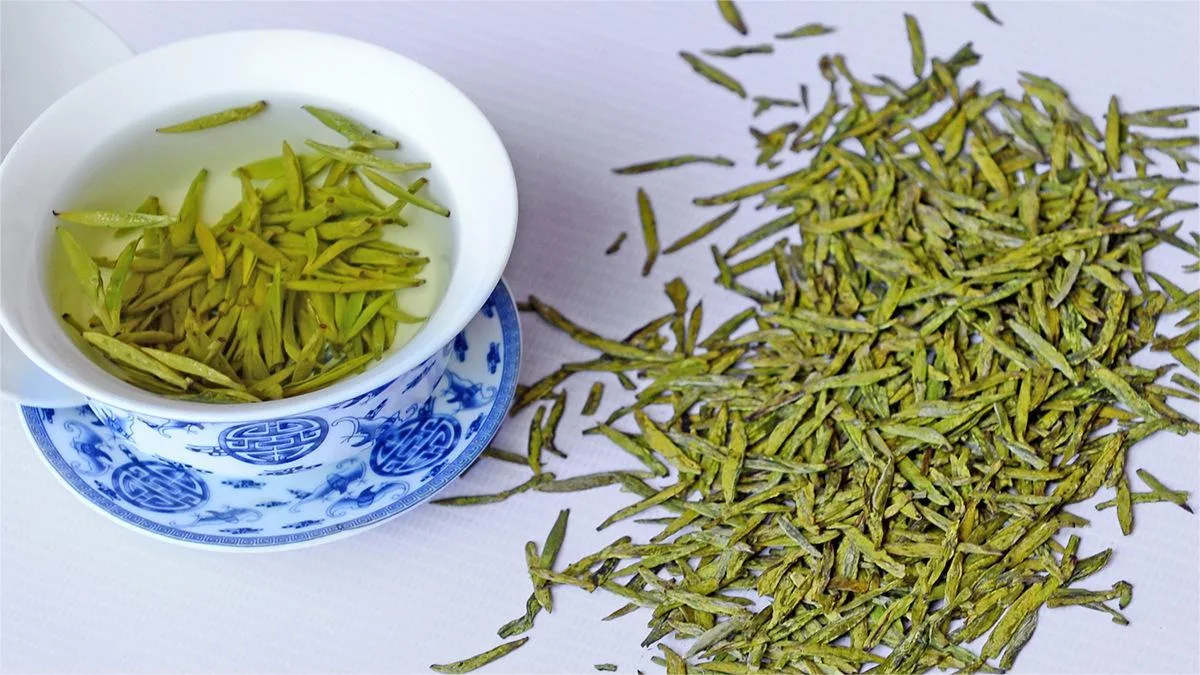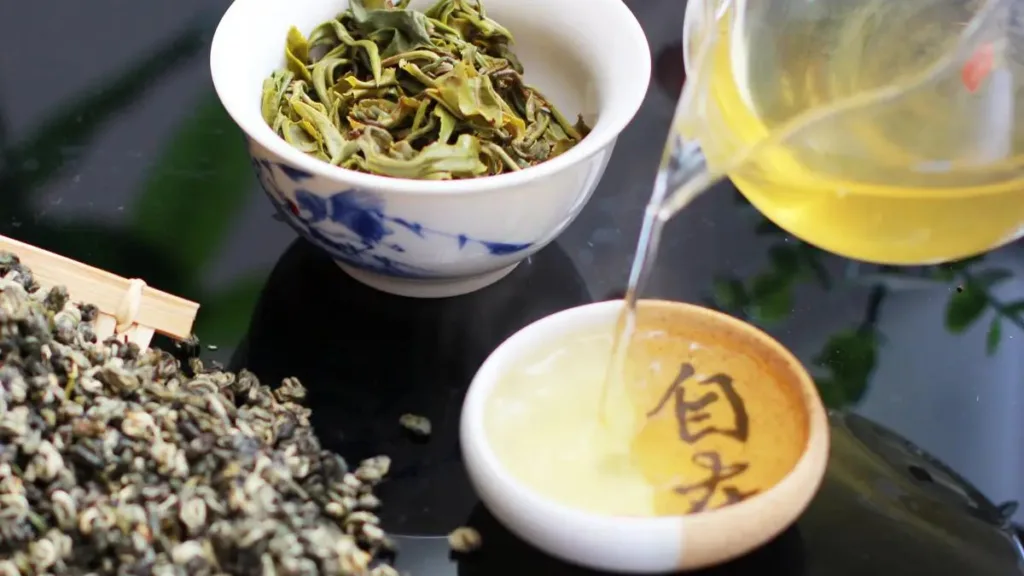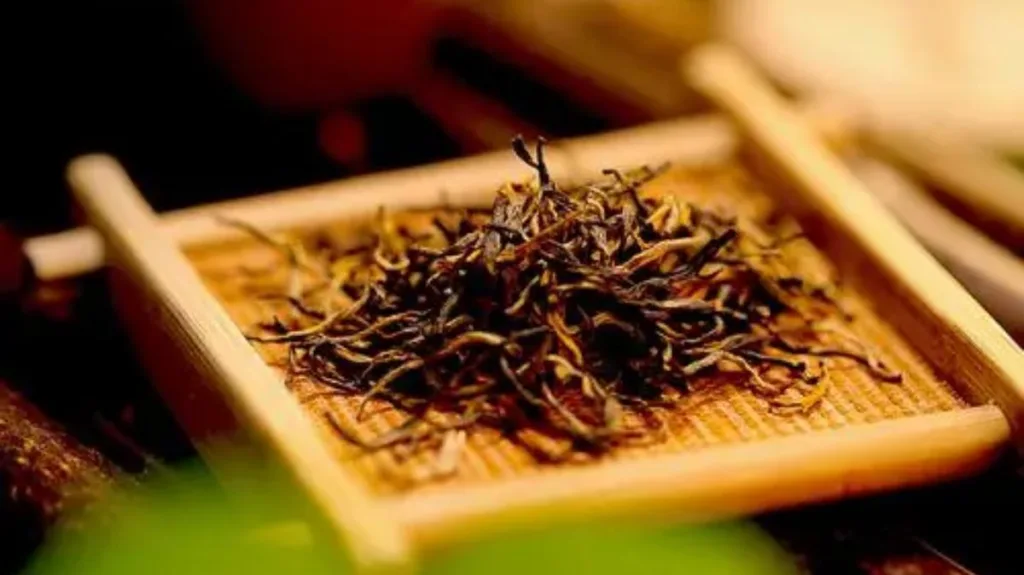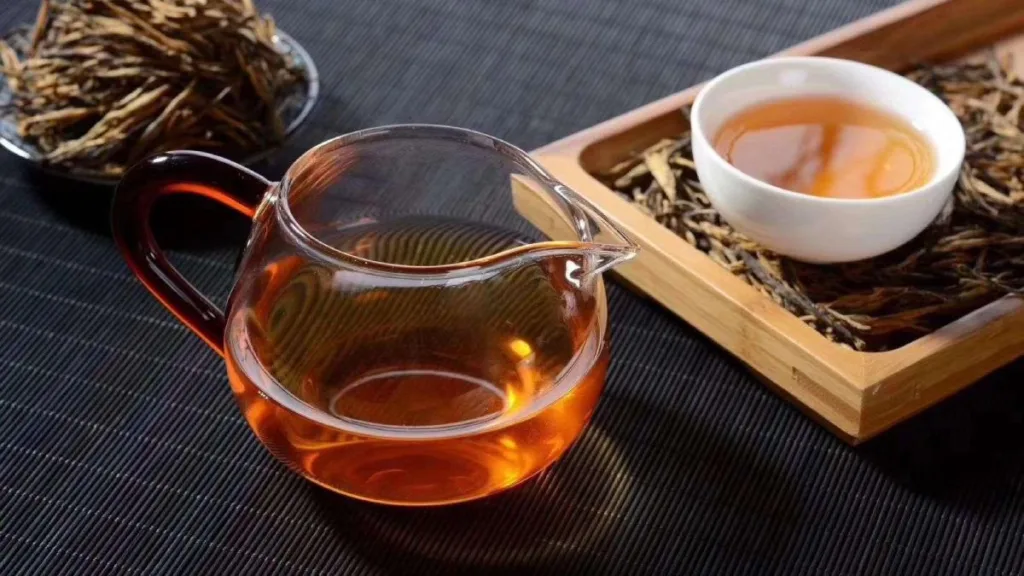Chinese green tea, like many other types of tea, contains oxalates, albeit in varying amounts. Oxalates are naturally occurring compounds found in a wide range of foods and beverages, including fruits, vegetables, nuts, and tea. They are the salts of oxalic acid and can form crystals, leading to the development of kidney stones in susceptible individuals.
In the case of Chinese green tea, the oxalate content can be influenced by several factors, including the type of tea, processing methods, and growing conditions. Generally, the Camellia sinensis plant, from which green tea is derived, contains oxalates. The leaves of the tea plant accumulate oxalates as part of their natural defense mechanism against herbivores.
The processing method of green tea plays a role in determining its oxalate content. Tea leaves undergo various steps such as withering, rolling, and drying during processing. While these steps don’t eliminate oxalates, they can influence the final concentration in the brewed tea. Steeping time and temperature can also impact oxalate levels. Longer steeping times and higher temperatures may result in higher oxalate content in the tea infusion.
Despite the presence of oxalates, green tea is generally considered a healthy beverage with numerous potential health benefits. The antioxidants in green tea, such as catechins, have been associated with various positive effects, including cardiovascular health, improved metabolism, and potential anti-cancer properties. However, individuals with a history of kidney stones or those susceptible to oxalate-related health issues may need to moderate their intake.
It’s essential to note that oxalate content alone doesn’t determine a food’s overall impact on health. A balanced diet that includes a variety of foods is crucial for overall well-being. For those concerned about oxalates, moderation and maintaining good hydration can be key strategies. Additionally, individuals with specific health conditions should consult with healthcare professionals or dietitians for personalized advice.
In summary, Chinese green tea does contain oxalates, but the levels can vary based on factors such as tea type, processing methods, and brewing conditions. While oxalates are a consideration, the overall health benefits of green tea, when consumed in moderation, often outweigh potential concerns. As with any dietary component, it’s advisable for individuals with specific health concerns to seek guidance from healthcare professionals.



